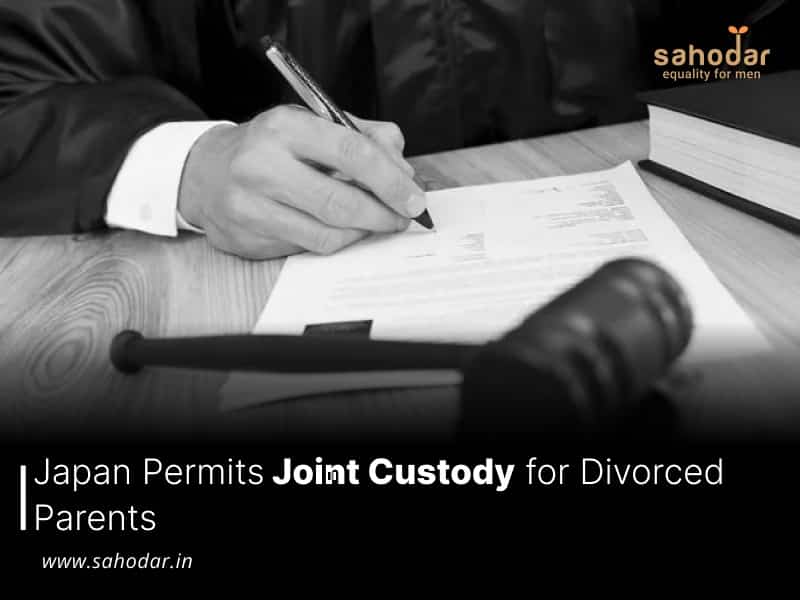Long-standing frustrations from non-custodial parents—often fathers—over limited access to their children have fueled the push for change.
Tokyo, Japan: On Friday, Japanese lawmakers passed a bill allowing the option of joint custody of children after divorce. For decades, Japan has typically granted legal custody to one parent, usually the mother, as a measure to protect against domestic violence and child abuse.
However, concerns have been raised that this practice can sever meaningful contact between the non-custodial parent and their child.
Long-standing frustrations from non-custodial parents—often fathers—over limited access to their children have fueled the push for change.
In 2019, a UN committee recommended that Japan “allow for shared custody of children when it is in the child’s best interests, including for foreign parents.”
The new legislation allows for sole custody if both parents agree it is the best option or in court-recognized cases of domestic violence or child abuse.
In “emergency circumstances,” one parent will also be able to make decisions regarding issues like schooling or health without consulting the other.
While no official data exists on the number of minors cut off from a parent in Japan, there have been strong campaigns both for and against the changes.
A 2022 survey by a support group for single mothers found that 80 percent of single parents in Japan were against or hesitant about joint custody.
“Even in cases of domestic violence, failure to prove it in court due to insufficient evidence can lead to joint custody being established,” campaigners against the move said in January.

